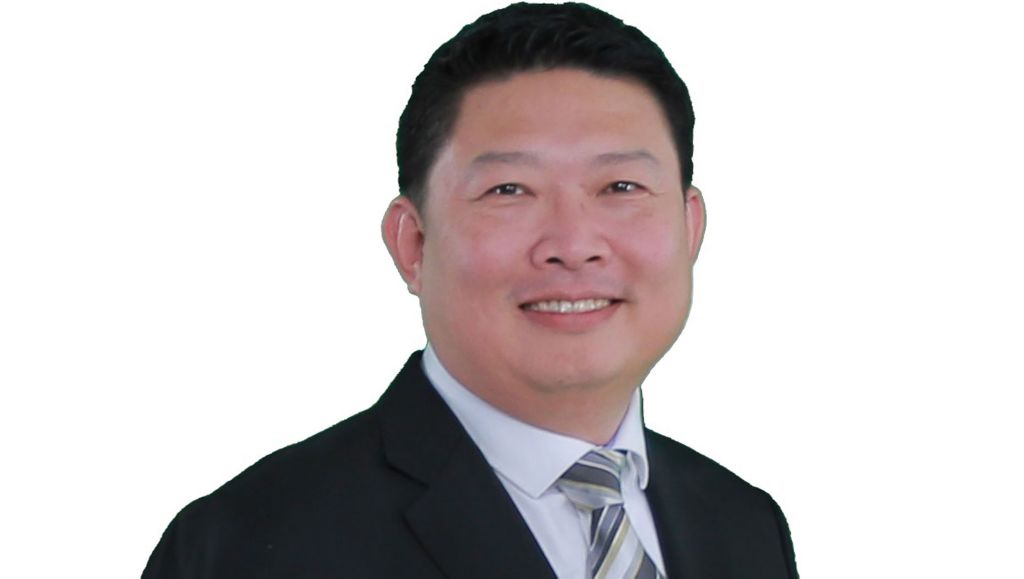Volvo Bus Thailand – a Strategic Move for Volvo Buses


“This strategic move is aligned with Volvo Group’s continuous improvement to provide customers with better product offerings, faster service solutions, closer communications and tighter business relations. All of these factors will, in turn, help build stronger confidence amongst our customers. Thailand is one of the core markets for Volvo Buses in Asia Pacific, and the set-up of Volvo Bus Thailand demonstrates Volvo’s commitment to our market,” said Dechchai Kulkarineetham, Managing Director of Volvo Buses Thailand.
The set-up of the new company in Thailand, he pointed out, marks a new chapter for Volvo Buses in Thailand. “Volvo has a proud history and a well-established presence in the market, and we wish to continue for many years to come. Now, with Volvo Bus Thailand, our assistance can be expanded to our existing customers and newcomers. It is also part of the Volvo Group’s recent announcement to form a strategic alliance with Isuzu Motors. The strategic alliance between AB Volvo and Isuzu Motors includes Isuzu Motor´s acquisition of UD Trucks. The existing dealer network in the Thailand market will be managed by the UD Trucks Corporation (Thailand) Co., Ltd. This network will continue to provide parts sales, maintenance and repairs for Volvo Buses in the Thailand market.”
Volvo buses were established in Thailand in 1995 through authorised distributor Cherdchai Motor Sale Co., Ltd. He said that with the set-up of Volvo Bus Thailand, Volvo’s long-lasting partnership with Cherdchai Motor Sale Company continues, with the Cherdchai Industrial Factory Co., Ltd, which will remain as the preferred body builder for Volvo Buses in Thailand. The new company will allow the Cherdchai Motor Sale Company to continue to provide sales and support its many loyal customers in Thailand.
“Our key products at that time were the Volvo B12B and B7R bus chassis, which are still running today. The B11R and the latest B8R bus chassis launched in 2018. We have a total population of 1,500 units.”
The Covid-19 Effect
According to him, the year 2018 ended with 1,478 bus registrations, and Volvo buses accounted for 6 per cent of the market share. In 2019, there were 1,090 registrations equating to Volvo buses taking 6.8 per cent of the market share. For the last two years, 2020 and 2021, the new bus registrations dropped sharply to 461 and 451 units, respectively due to the pandemic. The market share for Volvo buses reduced significantly to 3.9 per cent in 2020, although it increased to 6.5 per cent in 2021 even though total registrations reduced by 10 units, which underlines the popularity of Volvo buses.
“30 units of Volvo buses were registered in 2021 and 18 units in 2020. Volvo Bus has no exception from the pandemic as 90 per cent of our customers is driven by tourism. Thailand’s tourism industry was badly hit with very limited travel, both domestically and internationally. Our strategies during the pandemic were on maintaining existing customer relationships, updating customers on our new organisation and business model – the establishment of Volvo Bus Thailand, as well as introducing Volvo buses to new potential customers. These have led to new customers and more of our existing customers appreciating the option of buying directly from Volvo Buses. Additionally, we have experienced good sales in spare parts.”
As the government has deployed more relaxed border controls, he believes that this will help bring a positive impact on the local tourism industry. Moving forward, he revealed that the company also aims to achieve 10 per cent of the market share.
“We see opportunities within the government’s city bus and coach project, the expansion of the factory in the Eastern Seaboard area for staff transportation, electric buses in specific areas and for customers who would like to have more choices. We address these challenges by the offering of high-quality products, good services, extensive warranty coverage and dealer network support.”
Three authorised local body builders announced
This year, he said, they will continue to maintain a good relationship with existing customers while exploring the market and gaining new customers in the factory bus segment. He explained that the plan is to approach the factory operators directly and indirectly for any upcoming projects. Efforts will also be made to increase fleet size in the government segment and unit sales channels while maintaining direct communication with customers. This is to ensure that customers know that they can now buy directly from Volvo Bus Thailand and have more options in terms of body builders. The three authorised local body builders selected by the company are Cherdchai Industrial Factory Co., Ltd, the long-standing partner with Volvo Buses in Thailand, Cherdchai Corporation Co., Ltd and Panthong Co., Ltd.
“Leveraging on the strategic position of Thailand in the Asia Pacific region, we are not only aiming at sales of 100 units a year on average but also a growth in service sales, “he added.
He noted that many small bus companies were forced to wind down throughout the pandemic, leaving those that were established and in a strong financial position to offer the standard services. These operators have had to face higher fuel costs while competing with low-cost airlines and high-speed trains.
“We also plan to introduce electromobility to Thailand. Volvo Buses has launched the BZL electric chassis in Australia in 2021, and we are all set to share our technology and experience with other markets, including Thailand. Electric vehicles are within our focus, but depends on market readiness,” he concluded.
“Thanks to TRUCK & BUS for the collaboration in developing this article”